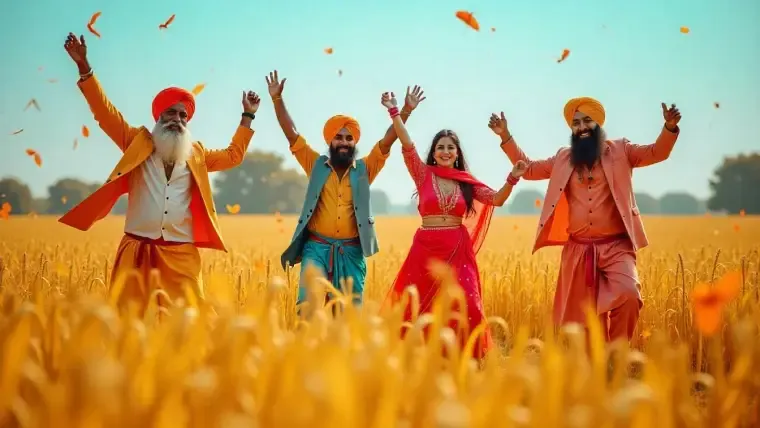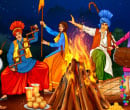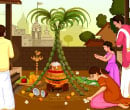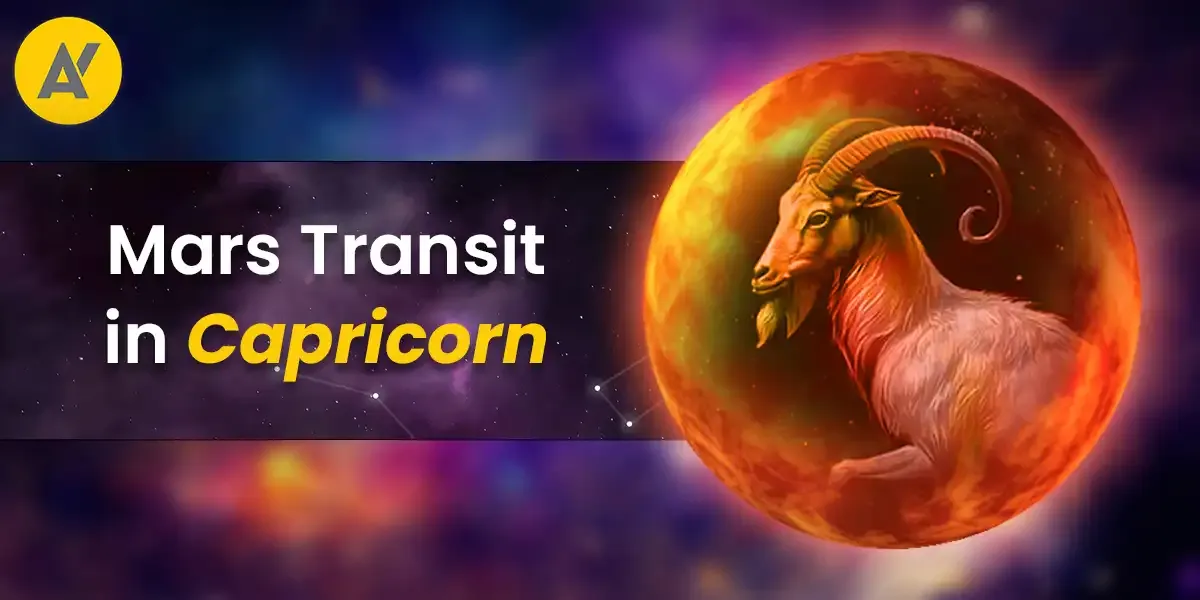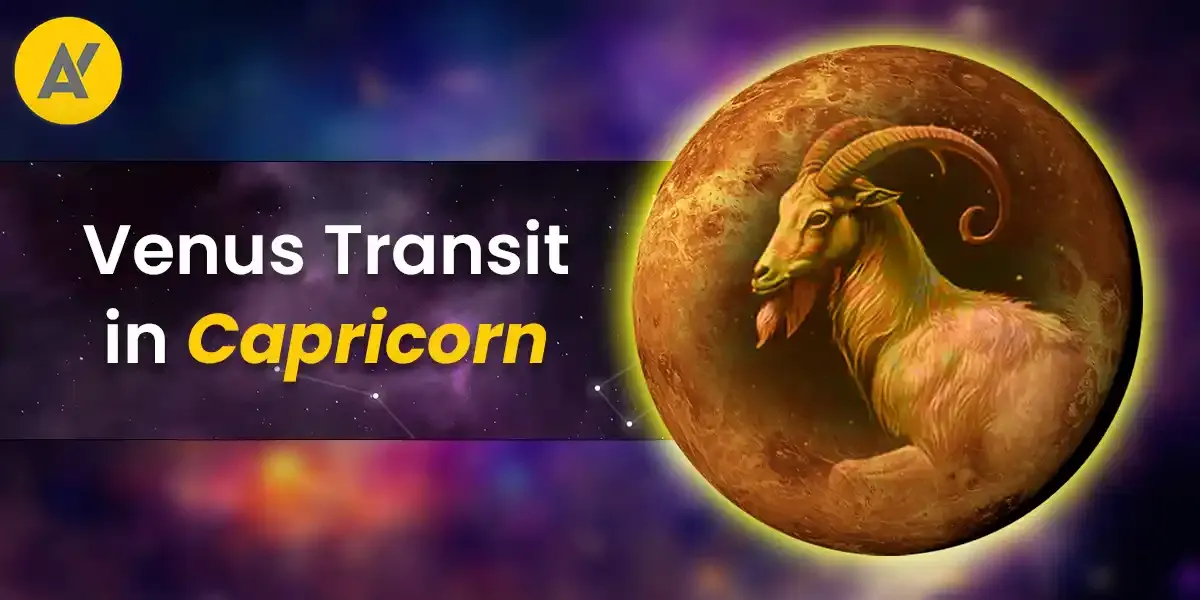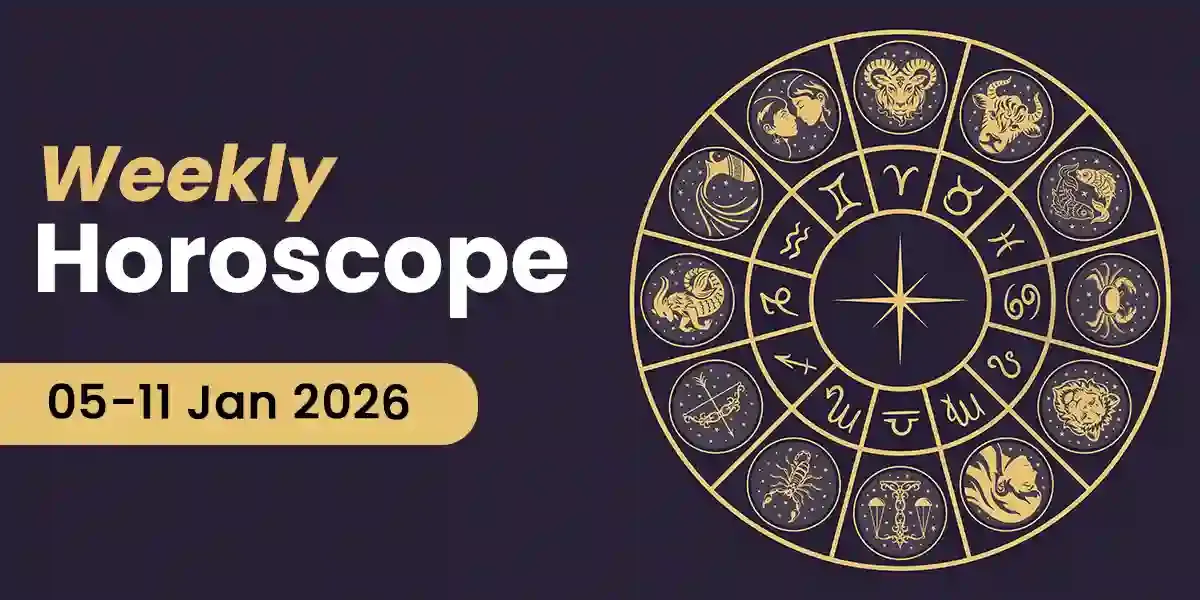
Friday, January 9, 2026 Paksha:Krishna Tithi:Saptami
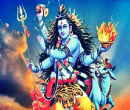
Saturday, January 10, 2026 Paksha:Krishna Tithi:Ashtami
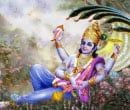
Wednesday, January 14, 2026 Paksha:Krishna Tithi:Ekadashi

Thursday, January 15, 2026 Paksha:Krishna Tithi:Dvadashi

Friday, January 16, 2026 Paksha:Krishna Tithi:Trayodashi

Sunday, January 18, 2026 Paksha:Krishna Tithi:Amavasya
Baisakhi is a historical religious harvest festival in Sikhism and Hinduism. It is also known as Baisakhi, Vaishakhi or Baisakhi. Baisakhi festival will be celebrated in the first month of Bikram Samvat in the Hindu calendar. The festival of Baisakhi holds a specific significance to Sikhs and is majorly popular in Punjab. This festival is when many Sikhs choose to be baptized.
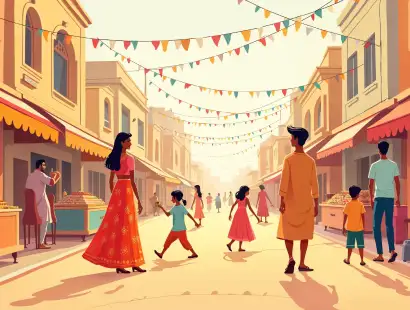


Pooja Vidhi and Its Significance
All About the Festival of Baisakhi (Story)
Legend has it that this is the day when the tenth Guru, Guru Gobind Singh established Holy Khalsa in 1699. The establishment of the Khalsa Panth was when the 10th Guru Gobind Singh roared in front of crowds of thousands asking who would die for the cause of the religion. Five men eventually volunteered to lay down their lives but the Guru Gobind Singh did not kill them instead, he baptized them and the men became the first five members of the group called Khalsa. The five men who comprised the Khalsa with five symbols of 'purity and courage' were called five K's. The Five K's are the Kesh (uncut hair), the Kangha (comb), the Katchera (underwear), the Kara (steel ring) and the Kirpan (sword). It was on Vaisakhi day that Guru Gobind Singh administered Amrit(nectar) to his first batch of five dicsiples making them Singhs. After the Vaisakhi (Baisakhi) day in 1699 the tradition of the Gurus was discontinued and the Granth Sahib - the Holy Book of the Sikhs was declared the eternal guide of the Sikhs.
Another legend is that of the Harvest Festival, where it marks the time for the harvest of Rabi Crops which is celebrated with great joy and enthusiasm in Punjab as the prominent occupation of the population there is agriculture farming. As a celebration of the occasion, people dress in a very colourful manner and perform the dances of Bhangra and giddha on the tune of the dhol. Farmers in Punjab celebrate by eating specially made foods and enjoy merrymaking before they carry on to the tiring but joyful task of harvesting from the next day. Different states have different names for the celebrations of Baisakhi such as Puthandu in Tamil Nadu, Vishu in Kerala, Rongali Bihu in Assam, Naba Barsha in Bengal and Vaishakha in Bihar. Another legend is that the Festival is the day when all Sikhs would gather to receive the Guru's blessings at Goindwal as it was the day that Guru Amar Das has first institutionalized Baisakhi as one of the special days. Legend also has it that this day is very important for Hindus as it is the day in 1875 that Swami Dayanand Saraswati founded the Arya Samaj - a reformed sect of Hindus who are devoted to the Vedas for spiritual guidance and have discarded idol worship. Legend further has it that this was the auspicious day when Gautam Buddha attained enlightenment or nirvana under the Mahabodhi tree in the town of Gaya.
The religious rites and rituals that take place during this festival are typically observed at a Gurdwara. The Holy Scripture of the Sikh community, the Guru Granth Sahib is bathed in milk and water after which the book is kept back on the throne. Further, verses from the scripture are read out with an aim to reproduce the traditional procession held in 1699. The rituals also include the singing of holy songs which are known as kirtans. There is also a procession led by five Sikh priests followed by dancers and drummers with the frequent chanting of 'Wahe Guru', 'DegTegFateh' and 'Bole So Nihal'. Anyone of any age can participate in this procession. Karah Prasad is served to all devotees after all the rites and rituals are completed. The specially made food is particularly vegetarian.
As it is a festival that is celebrated, devotees get into the mood and perform the traditional dance of Bhangra and Giddha with the tune of the dhol and wearing colourful clothing. After the celebrational dances, the day is spent visiting near and dear ones exchanging gifts and preparing a lot of special food.
[Consult our expert astrologers online to learn more about Pooja methodologies and rituals](https://www.astroyogi.com/talk-to-astrologers?utm_source=AY-TTA- Banner&utm_medium=festival-tta&utm_campaign=TTA-festival)
Festival List
- Nag Panchami
- Raksha Bandhan
- Janmashtami
- Ganesh Chaturthi
- Onam
- Pitru Paksha
- Shardiya Navratri
- Durga Puja
- Dussehra
- Karwa Chauth
- Dhanteras
- Diwali
- Govardhan Puja
- Bhai Dooj
- Chhath Puja
- Tulsi Vivah
- Guru Nanak Jayanti
- Christmas
- New year
- Lohri
- Pongal
- Makar Sankranti
- Vasant Panchami
- Shivratri
- Ramadan
- Holi
- Good Friday
- Navratri
- Gudi Padwa
- Ugadi
- Vaisakhi
- Ram Navami
- Mahavir Jayanti
- Hanuman Jayanati
- Buddha Purnima
- Akshay Tritiya
- Shani Jayanti
- Guru Purnima
- Hariyali Teej

